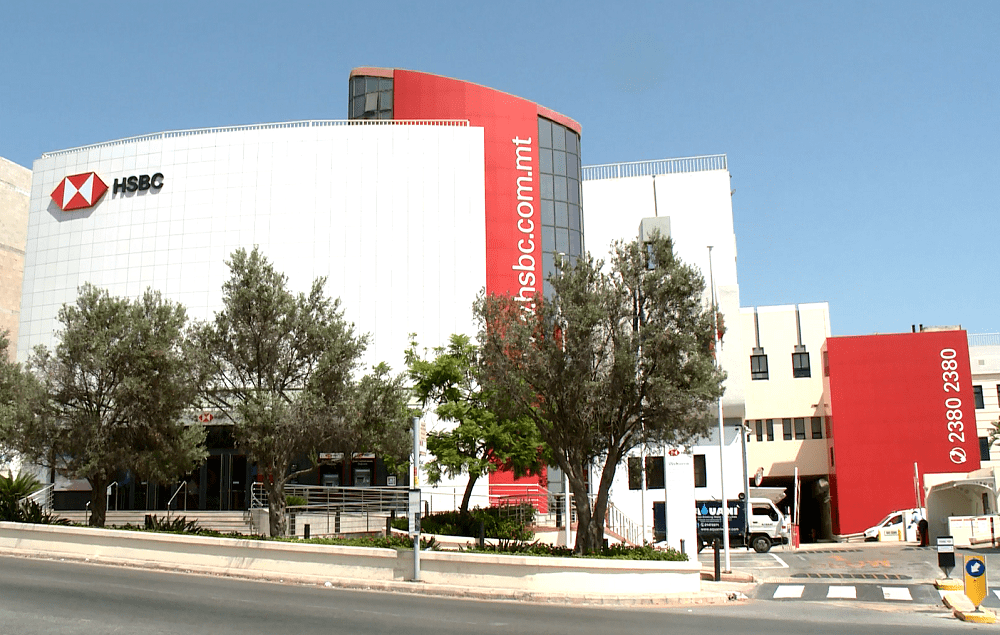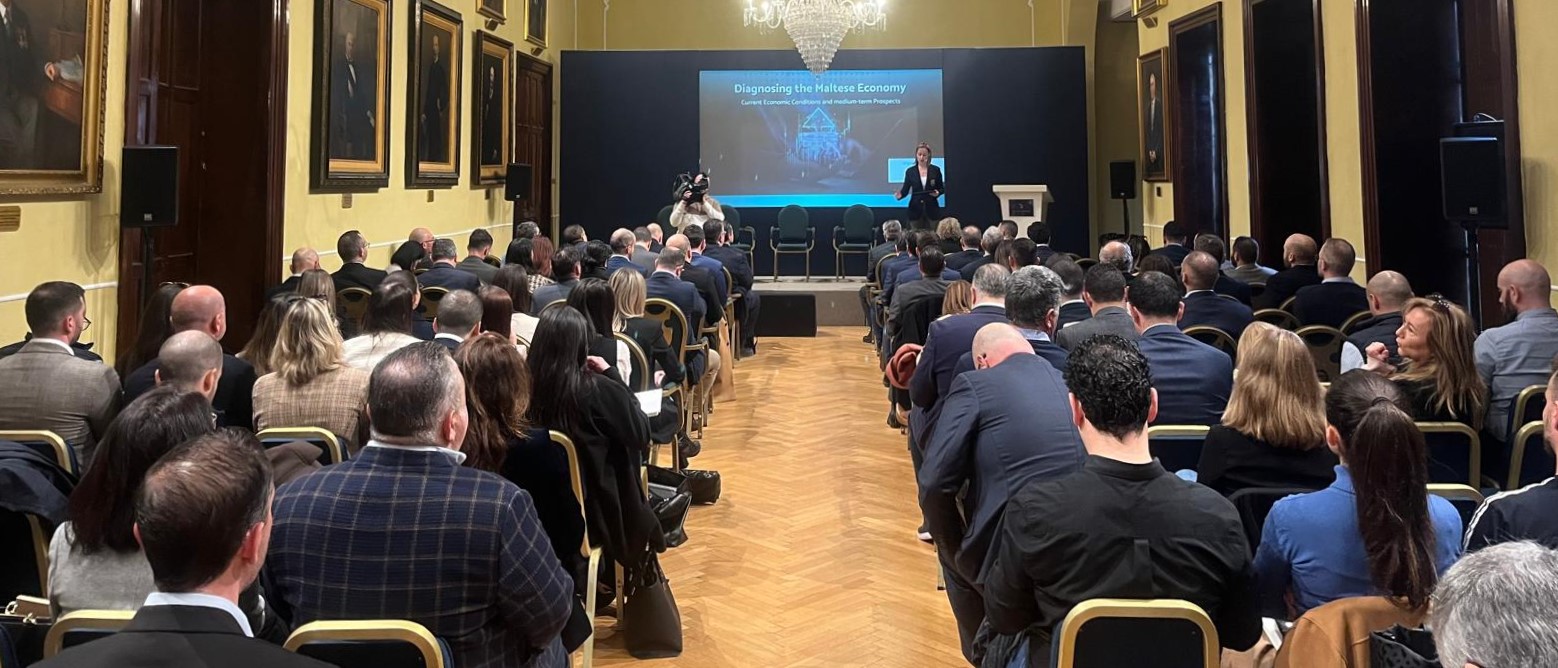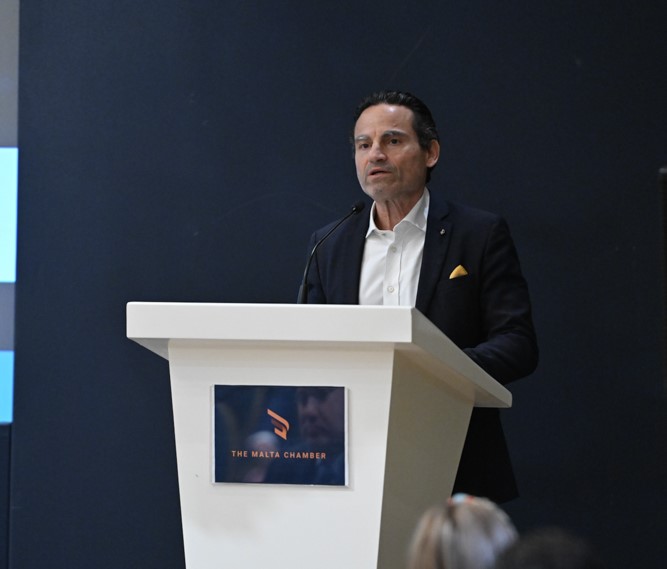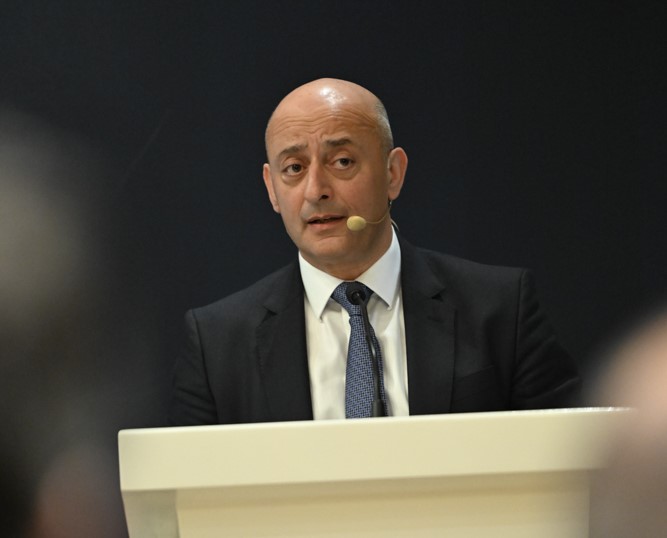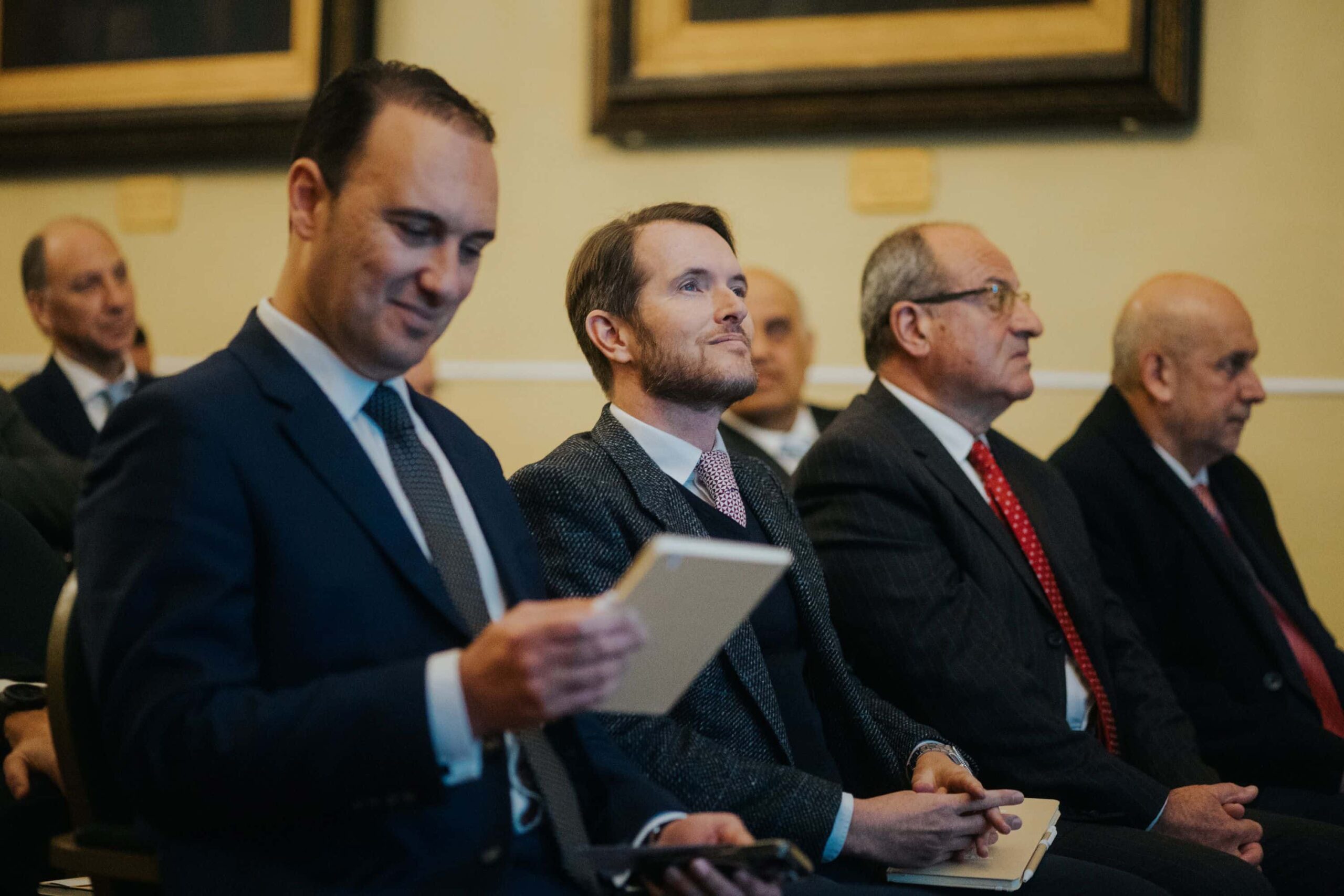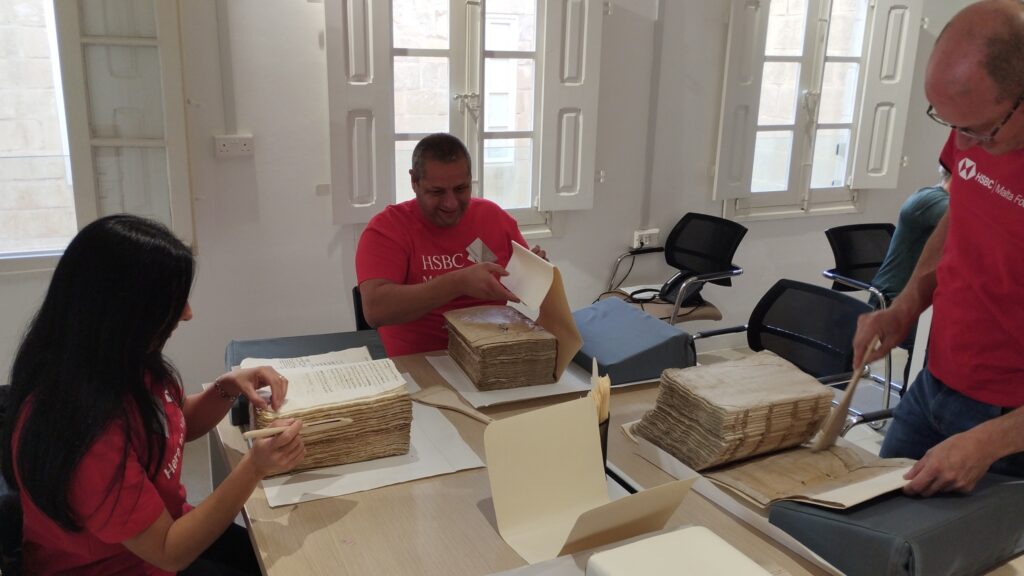PwC Digital has released the findings of its AI Business Survey 2024, shedding light on the current state of AI adoption among businesses in Malta. Conducted by the PwC Digital Services team, the survey provides valuable insights into the key drivers, barriers, and challenges faced by local businesses in integrating AI technologies.
The survey reveals that a significant 56% of organisations reported not having a dedicated team for AI use case assessment, highlighting a gap in strategic planning for AI implementation. An overwhelming 75% of organisations lack an AI governance framework, underscoring the need for structured oversight to ensure ethical and responsible AI deployment.
Furthermore, 41% of businesses identified the greatest impact of AI on internal operations, indicating a focus on enhancing operational processes through AI. Interestingly, only 15% of participants are considered AI Explorers, with none scoring as AI Novices, suggesting a cautious yet progressive approach to AI adoption.
This survey is grounded in extensive research and aligns with PwC’s broader studies on AI’s business impacts such as PwC’s Global AI study, which found that AI has the potential to contribute up to $15.7 trillion to the global economy, and an increased 26% boost in GDP for local economies by 2030.
The report delves into how businesses in Malta are embracing AI technologies, examining usage, perception, and implementation trends. It also explores the structures and frameworks employed to oversee AI projects, ensuring ethical and responsible AI implementation. It provides insights into the financial commitment of businesses towards AI, reflecting budget allocations and prioritisation of AI initiatives, while also capturing general views and expected benefits from AI technology, including increased efficiency, improved decision-making, and enhanced customer experiences.
“Through this report, we aimed to understand how businesses locally are approaching the topic of AI based on four thematic areas: strategy and adoption, governance, investment, and market perspective. Based on the findings of the survey, our report recommends next steps for organisations to ensure they are leveraging AI technologies to enhance their service offerings and internal operations, consistently working towards a human-led and tech-powered future for our businesses,” said Michel Ganado, PwC Digital Partner and Digital Services Leader.
The online self-administered survey consisted of 20 questions covering four AI thematic areas, providing respondents with a maturity score at the end. Local businesses were invited to participate through various channels, resulting in 59 participants completing the survey between March and September 2024.
For a detailed analysis and comprehensive insights, download the full PwC Digital AI Business Survey Report 2024 from here.

